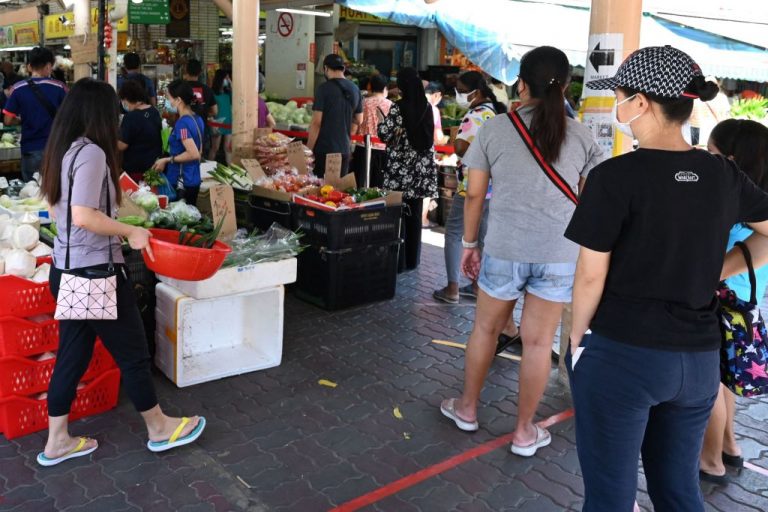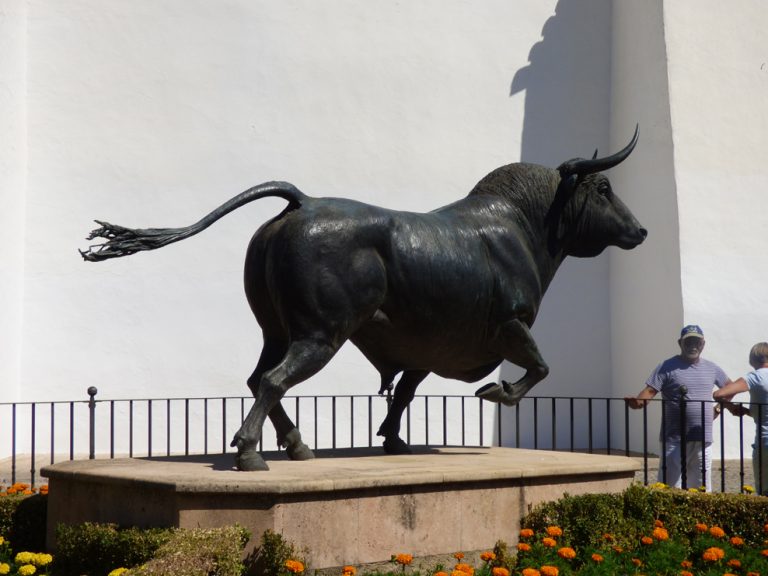Despite being one of the most vaccinated countries in the world, Singapore is seeing a continued surge in Coronavirus Disease 2019 (COVID-19) cases. The situation has left experts baffled. On Oct. 27, the country’s health ministry announced 5,324 cases, which is the highest recorded number since the pandemic began. 3,277 cases were reported the previous day.
“The infection numbers are unusually high today, mostly due to many COVID-positive cases detected by the testing laboratories within a few hours in the afternoon… The Ministry of Health is looking into this unusual surge in cases within a relatively short window, and closely monitoring the trends for the next few days,” the ministry said in a statement. Singapore’s weekly COVID-19 infection growth rate is 1.15.
Between Sept. 1 and Oct. 27, the number of daily new confirmed COVID-19 cases per million people rose 24-fold from 25.75 to 625.82. The number of daily new deaths per million during this period jumped from 0.07 to 2.06.
These figures increased despite the fact that over 75 percent of Singaporeans were fully vaccinated by Sept. 1. On Oct. 27, the number rose to 79.77 percent, with 14 percent who received booster shots. Oct. 27 marked the 38th continuous day of COVID-19 fatalities.
On Sept. 27, the government tightened coronavirus restrictions in the country. However, infections continued to increase in the following weeks. The country reported 1,647 cases on Sept. 27 and 2,236 cases the next day.
Success
You are now signed up for our newsletter
Success
Check your email to complete sign up
By Oct. 5, the government was reporting over 3,000 infections daily. Between Sept. 27 and Oct. 18 this year, 161 people died from COVID-19 in Singapore, compared to only 18 deaths during the same period last year. The number of intensive care unit (ICU) cases has also been increasing.
“Our hospitals and healthcare workers continue to come under tremendous pressure… Our 2,000 isolated rooms are 81% filled. Queues have formed for COVID-19 and non-COVID patients needing hospital beds in certain hospitals… We have stood up 207 ICU beds. 71 are occupied by patients who are intubated, that means they need ventilators to help them breathe,” Ong Ye Kung, Singapore’s minister for health, said in a statement on Oct. 20.
Singapore has approved three different vaccines for use among its citizens: Pfizer, Moderna, and Sinovac. Most individuals have been inoculated with the mRNA Pfizer and Moderna vaccines.
In April, Pfizer boasted that its vaccine had an efficacy rate of over 90 percent, but the efficacy has been shown to drop significantly with time. A study by the U.S. Centers for Disease Control and Prevention (CDC) from New York showed vaccine effectiveness dropping to 75 percent, with another study showing efficacy dropping to 42 percent in July. Meanwhile, the China-made Sinovac only has an efficacy rate of 51 percent.
Meanwhile, Singapore has relaxed entry requirements for foreigners. People who have a 14-day history of traveling to countries such as India, Pakistan, Nepal, and Sri Lanka are now allowed entry through the country’s Category IV border measures.
However, only Singapore’s permanent residents and travelers under the Death and Critical Illness Emergency Visits Lane are allowed to enter. Travelers must submit an RT-PCR test taken a maximum of 48 hours ahead of their departure. In addition, they will have to take another test on arrival and stay quarantined for 10 days.















